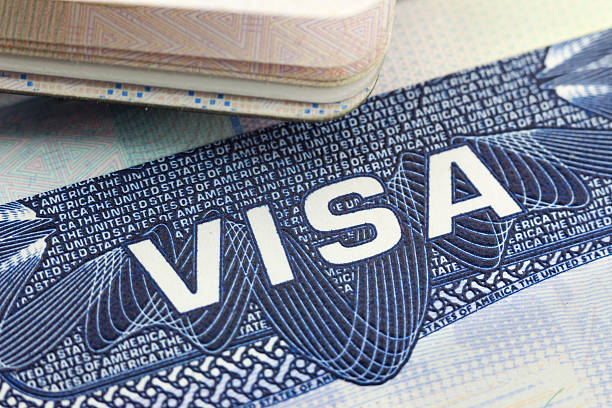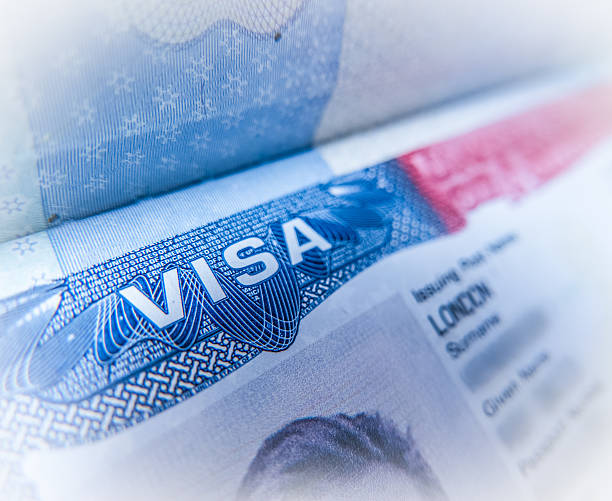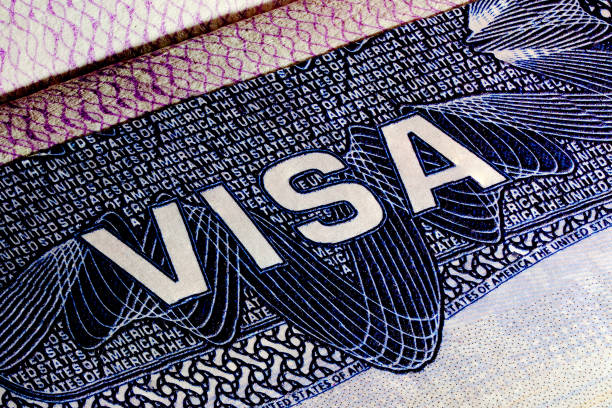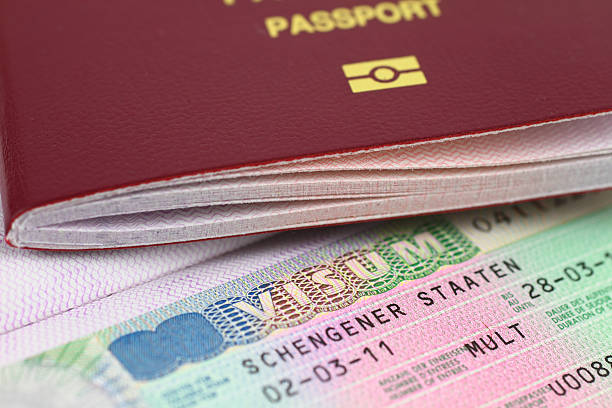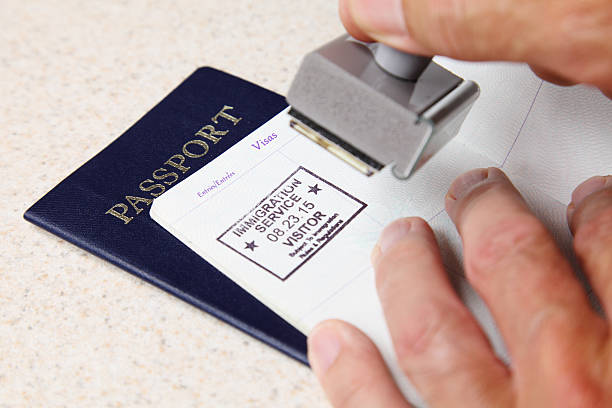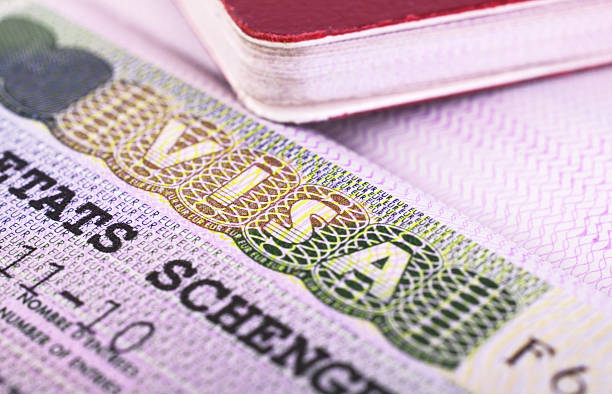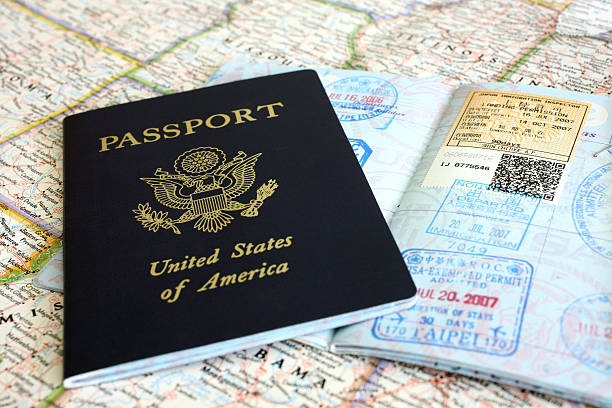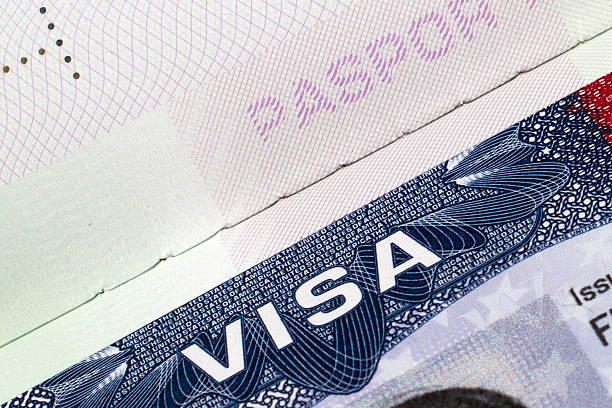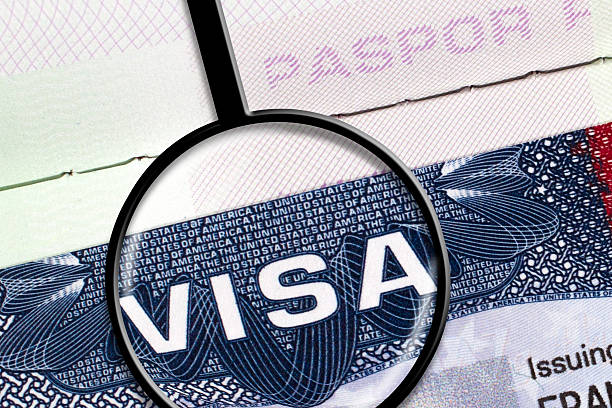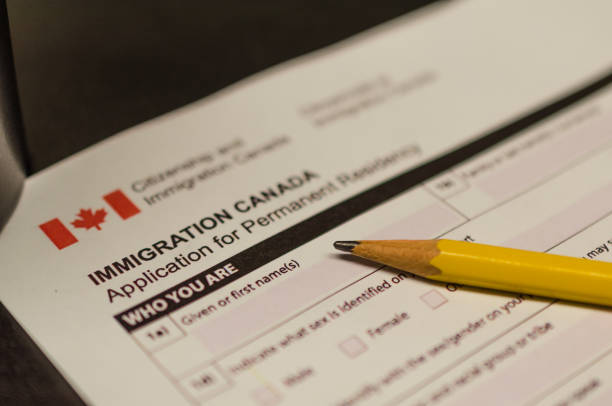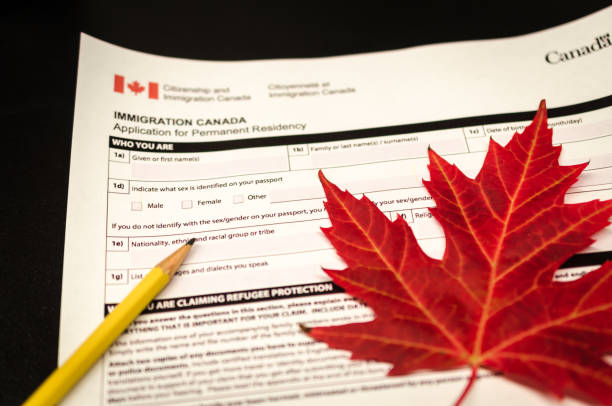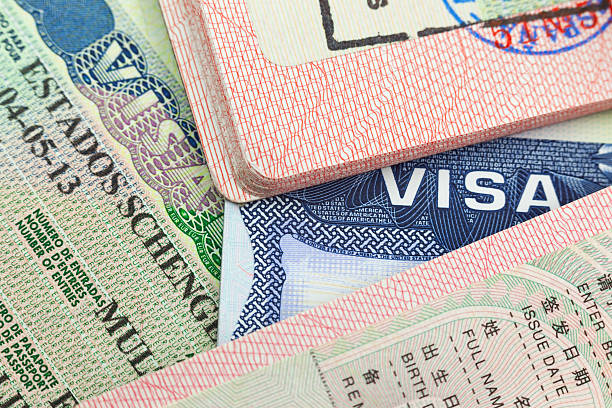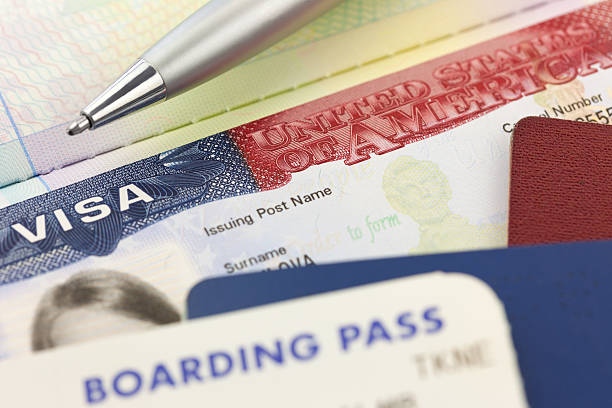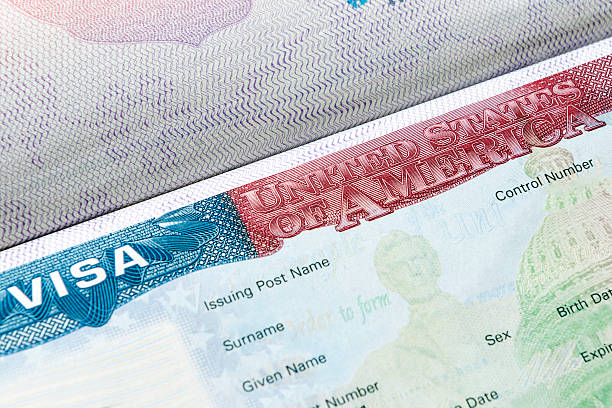
What to Expect During the Immigration Medical Exam
What to Expect During the Immigration Medical Exam
One of the crucial steps in the immigration process is the medical examination. This exam is designed to ensure that individuals seeking to immigrate do not have health conditions that could pose a threat to public health or safety, or result in significant costs to the healthcare system of the host country. Understanding what to expect during the immigration medical exam can help alleviate anxiety and ensure that you are well-prepared.
Purpose of the Immigration Medical Exam
The immigration medical exam aims to identify any medical conditions that could affect an individual's admissibility to a new country. It helps ensure that immigrants do not have contagious diseases, mental health issues, or other health conditions that could endanger the population or strain the healthcare system.
Choosing a Designated Physician
Immigration medical exams must be conducted by a panel physician or a civil surgeon authorized by the immigration authorities of the host country. The list of designated physicians is usually provided by the country's immigration department. It is essential to choose a physician from this list to ensure that your medical exam is valid.
Documents to Bring
When you go for your immigration medical exam, make sure to bring the following documents:
- Passport or another government-issued photo ID
- Vaccination records
- Medical history and any relevant medical records
- Form or paperwork provided by the immigration authorities (if applicable)
- Payment for the medical exam (fees vary by location and physician)
Components of the Medical Exam
The immigration medical exam typically includes several components:
1. Medical History Review
The physician will review your medical history to understand any past or current health issues. Be prepared to discuss any significant illnesses, surgeries, medications, and vaccinations.
2. Physical Examination
The physical examination involves a thorough check of your body to assess your overall health. The physician will measure your height, weight, blood pressure, and pulse. They will also examine your eyes, ears, nose, throat, heart, lungs, abdomen, limbs, and skin.
3. Tuberculosis (TB) Testing
Tuberculosis testing is a critical component of the immigration medical exam. Depending on the country, this may involve a chest X-ray or a skin test. If you have a history of TB or if the initial test is positive, additional testing and treatment documentation may be required.
4. Blood Tests
Blood tests are conducted to check for communicable diseases such as HIV, syphilis, and other sexually transmitted infections. These tests are essential for ensuring that you do not have conditions that could pose a public health risk.
5. Vaccination Assessment
The physician will assess your vaccination records to ensure that you are up to date with the required immunizations. Common vaccines required for immigration include measles, mumps, rubella, polio, tetanus, diphtheria, and pertussis. If you are missing any vaccinations, the physician may administer them during the exam.
6. Mental Health Evaluation
The mental health evaluation is conducted to identify any psychological conditions that could affect your admissibility. The physician will ask questions about your mental health history and any current mental health issues or treatments.
After the Exam
Once the medical exam is complete, the physician will provide the results in a sealed envelope, which you must submit to the immigration authorities. In some cases, the results may be sent directly to the immigration office by the physician. Ensure you do not open the sealed envelope.
Possible Outcomes
The outcomes of the immigration medical exam can vary:
- Cleared: If you meet all the health requirements, you will be cleared for immigration.
- Further Testing: If there are any questionable results, you may be asked to undergo further testing or provide additional documentation.
- Inadmissibility: If you have a condition that poses a risk to public health or safety, you may be deemed inadmissible. However, some countries provide waivers or special considerations for certain conditions.
Preparing for the Medical Exam
To prepare for the immigration medical exam, follow these tips:
- Ensure all your medical records and vaccination records are complete and accurate.
- Get a good night's sleep before the exam to ensure you are well-rested.
- Stay hydrated and follow any specific instructions provided by the physician or immigration authorities.
- Be honest and thorough when discussing your medical history and any symptoms you may have experienced.
Conclusion
The immigration medical exam is a vital part of the immigration process. By understanding what to expect and adequately preparing for the exam, you can help ensure a smooth and successful experience. Remember, the goal of the medical exam is to protect public health and ensure that immigrants can thrive in their new country without posing any health risks.










